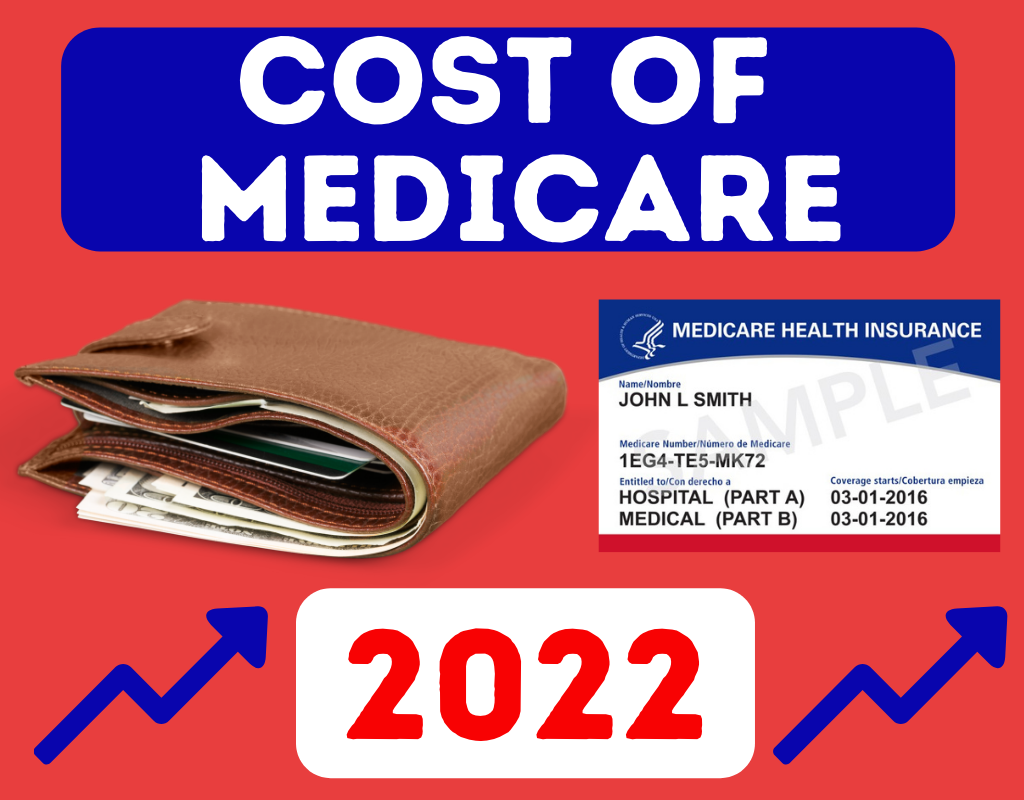Medicare is a federally funded health cover program for adults 65 and older or who have specified impairments. Also, It has many positive aspects, but there are also some requirements that may be taxing and inconvenient for recipients.
Medicare Part B Premiums and Taxation Rule
Income-related monthly premiums for Medicare Part B, which covers medical expenses, are due. Also, The Income-Related Monthly Adjustment Amount is an extra tax that may be applied to Medicare Part B premiums for persons with a higher income (IRMAA). This tax is calculated at a rate of between 0% and 4% of MAGI, with a monthly payment of $12.30 to $491.60 being typical.

Taxation of Social Security Benefits Rule
If a recipient’s income is over a specific level, a portion of their Social Security payments may be subject to taxation. Here, wage, self-employed, and investment income are all lumped together. Also, Those with incomes over the threshold may have up to 85% of their Social Security payments taxed.
Medicare Part D Coverage Gap Rule
When an individual’s prescription medication expenses exceed a specific threshold. They fall into the Medicare Part D coverage gap, often known as the “donut hole.” After a certain number is reached, catastrophic coverage kicks in, and the person no longer has to pay any of the expenditures over the deductible. Lack of insurance may be costly and may have an impact on a person’s tax condition.
Planning for Tax Implications
As a Medicare recipient, you should be aware of the tax consequences of the program. Also, With forethought, you can lessen the toll taxes take on your savings and spending. Discussing your specific tax status with a competent tax preparer and thinking about ways to limit taxable income, such as tax-deferred retirement funds, are important steps in this process.
In sum, Medicare recipients should be aware of the possible tax consequences. It is of the program’s regulations because of the program’s importance.















